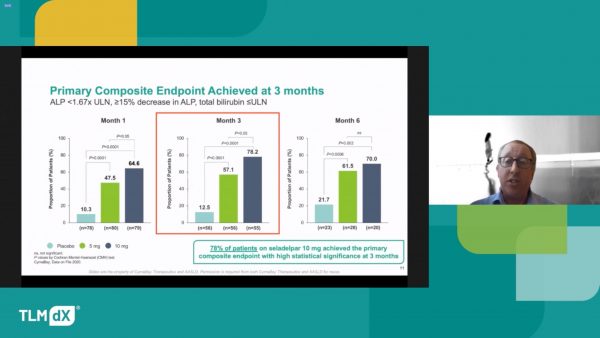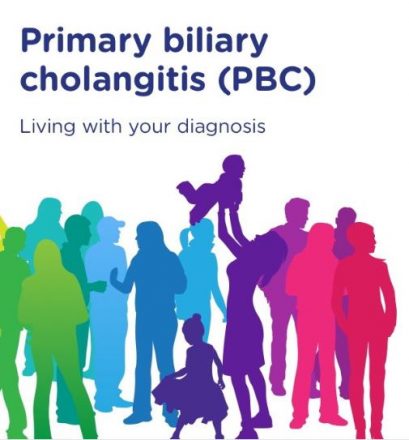
Zydus -Saroglitazar -FDA fast track designation for PBC
Drug firm Zydus Cadila on Wednesday said it has received Fast Track Designation from the US health regulator for its investigational drug candidate Saroglitazar Mg, indicated for the treatment of
CymaBay -Seladelpar Phase 3 Enhance Study shows positive results
At AASLD 2020 virtual liver conference, Dr. Gideon Hirschfield presented promising Phase 3 results for Seladelpar a treatment for patients with PBC. Positive outcomes included: 78% of those in the
Escient – upcoming clinical trial for PBC itch
There is a new clinical trial aimed at PBC pruritus. While the study is currently in New Zealand and Australia, there are plans to expand the trial to PBC patients
Linerixibat (GSK2330672) Phase 2b Results
Linerixibat (GSK2330672), a drug that is being developed for PBC patients who experience itchiness, has recently published Phase 2b results. This is promising news for patients who are suffering fromReal-World Effectiveness of Obeticholic Acid – new study
Obeticholic Acid was approved in Canada in May 2017, this study describes its effectiveness in two Canadian centers. Read more.
CymaBay – Seladelpar – re-initiating Phase 3 clinical trial for PBC
On November 25, 2019, CymaBay halted all clinical trials of seladelpar after atypical histologic findings with no clinical or laboratory correlates were identified at the planned end-of treatment biopsy reviewPBC Patient Guidelines
This year the PBC Network created a 36 page booklet “PBC – Living With Your Diagnosis” . The Canadian PBC Society participated in the final review of this comprehensive patient guideline and is now a proud member of the PBC Network. Read the guidelines here.
CymaBay puts PBC Seladelpar Clinical Trials on hold
Seladelpar, a drug developed for PBC patients, has shown positive results in Phase 2 studies- normalizing ALP levels, while not associated with itching. In November with FDA breakthrough therapy
Elafibranor shows positive preliminary results
Elafibranor, phase 2 trial has shown positive preliminary results in helping those PBC patients who do not respond to UDCA (Urso). In addition, Elafibranor has recently been granted “Breakthrough Therapy


